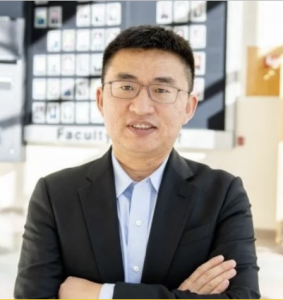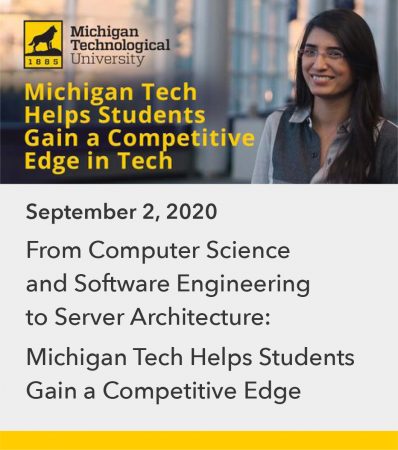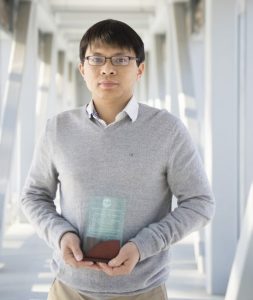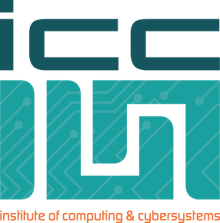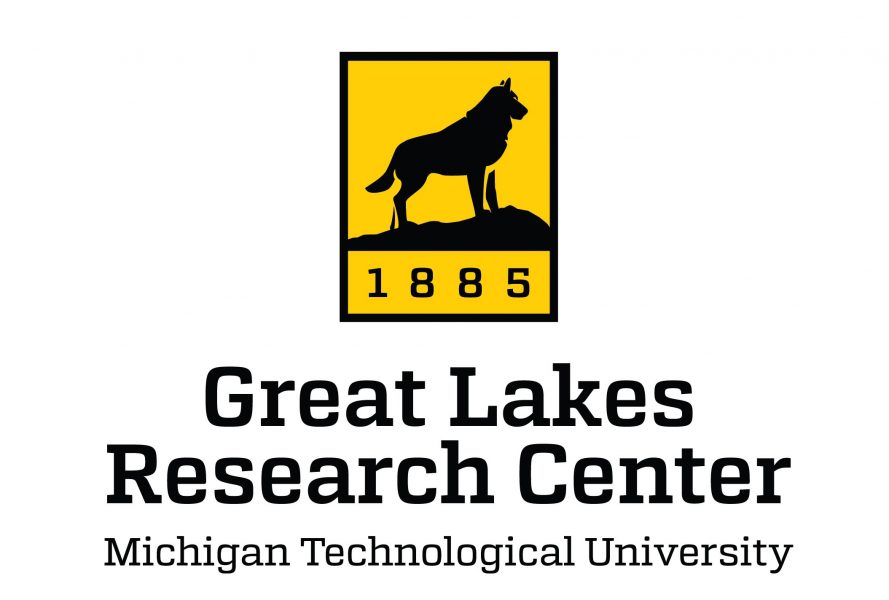By Karen S. Johnson, Communications Director, Institute of Computing and Cybersystems

Associate Professor Chee-Wooi Ten, Electrical and Computer Engineering, recently finalized contracts to write two books for CRC Press, a major publisher of humanities, social science, and STEM books and textbooks. Ten is a member of the Institute of Computing and Cybersystems’s Center for Cyber-Physical Systems.
The first book is titled, Electric Power Distribution System Engineering, 4th edition. Ten has been teaching EE5250 Distribution Engineering I at Michigan Tech for 10 years.
The second book, Modern Power System Analysis, 3rd Edition, is used to accompany a senior-level power engineering elective. Both books are tentatively scheduled to be published in January 2022.
The new editions continue the work of the late Professor Turan Gönen, a leading expert and popular professor of electrical engineering at California State University, Sacramento. Gönen devoted his life to the writing of four textbooks. One of them, “Electric Power Distribution System Engineering,” published in 2013, is still taught in college classrooms worldwide. Ten notes that it is one of only a few Distribution Engineering textbooks that remains highly regarded by the international research community.
Book contract negotiations were initiated by Nora Konopka, editorial director of engineering at CRC Press/Taylor & Francis. Konopka worked with Ten on a previous book published by the company.
And although Ten did not personally know Prof. Gönen, he has used Gönen’s books in his courses. Ten says he believes Konopka contacted him because she has confidence that he will do an excellent job in carrying on Gönen ‘s work and legacy.
“As a course instructor, especially when you’ve just started, you explore the textbook and master the materials while teaching,” Ten reflects. “Written and revised throughout his long career, the contents of Gönen’s books are enriched from his decades of experience in pedagogy.”
Konopka’s original proposal was for Ten to write four new editions of books by Prof. Gönen. Ten told her, “I cannot do four books, but I can find two other authors who have the expertise to complete those books.”
So, with collaborators at University of Hong Kong and Virginia Tech, all four books will be completed and published. Two of them written by Ten, one each by his collaborators.

“My colleagues on this project are research-active faculty, and I am very proud to have an opportunity to collaborate with them,” Ten says, noting that they represent two of the best engineering programs in the world.
“These books are collaborative, and we will work together to ensure the next editions of these textbooks reflect today’s industrial and academic knowledge and best practices,” Ten says.
But there are challenges associated with this kind of project. Ten explains that the book materials he has inherited, which are in Microsoft Word, must be converted to the typesetting format he prefers, LaTeX. Only then can he begin editing the books. Fortunately, Ten was able to hire a few students; he expects them to complete the conversions by year-end.
“Then, for the next year, I can focus on qualitative development of the content,” Ten predicts. “I plan to ‘test drive’ some of the new content in the power engineering courses I have been teaching.”
Read an obituary of Prof. Turan Gönen here.
CRC Press. is an imprint of Taylor & Francis Group, part of Informa PLC, one of the world’s leading business intelligence and academic publishing businesses. The company publishes more than 2,700 journals and 5,000 new books each year. CRC Press specializes in Science, Technology and Medical books.

Founded in 2015, the Institute of Computing and Cybersystems (ICC) promotes collaborative, cross-disciplinary research and learning experiences in the areas of computing education, cyber-physical systems, cybersecurity, data sciences, human-centered computing, and scalable architectures and systems, for the benefit of Michigan Technological University and society at large.
The ICC creates and supports an arena in which faculty and students work collaboratively across organizational boundaries in an environment that mirrors contemporary technological innovation. The ICC’s 55+ members working in six research centers represent more than 20 academic disciplines at Michigan Tech. Member scientists are collaborating to conduct impactful research, make valuable contributions in the field of computing, and solve problems of critical national importance.
Full Citations
Turan Gönen, Chee-Wooi Ten**, and Ali Mehrizi-Sani, “Electric Power Distribution System Engineering,” 4th Edition CRC, January 2022 (tentatively).
Turan Gönen, Chee-Wooi Ten**, and Yunhe Hou, “Modern Power System Analysis,” 3rd Edition, CRC, January 2022 (tentatively).




